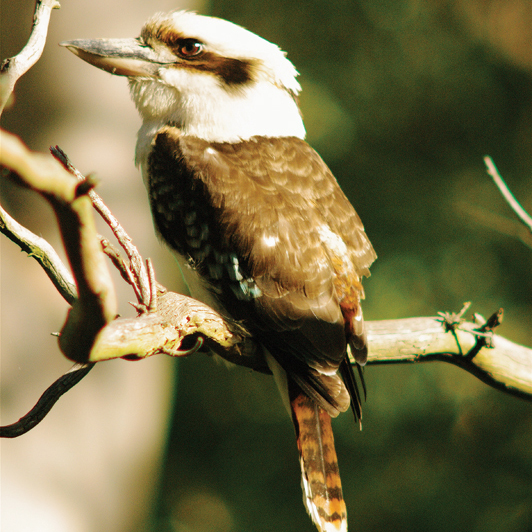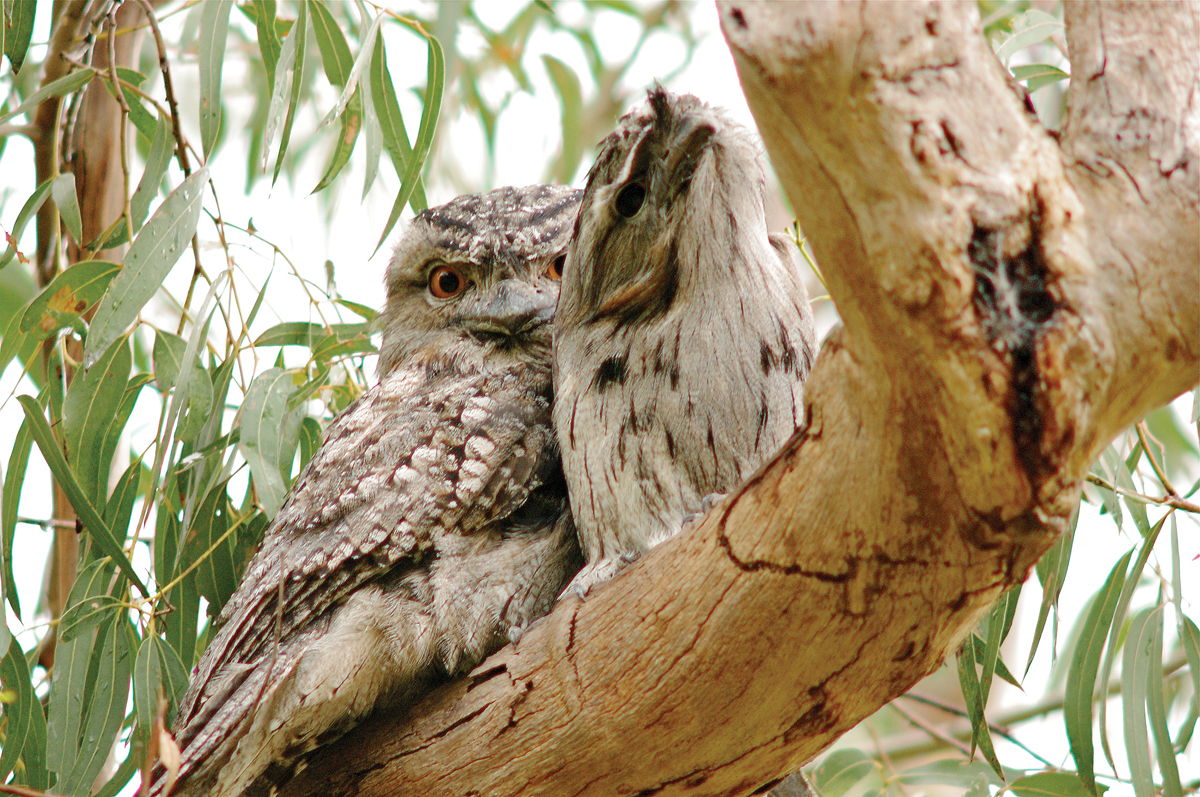MORNINGTON Peninsula residents are being urged to stop using some rodent baits which are blamed for killing such birds of prey as owls, tawny frogmouths and kookaburras.
Mount Eliza mother of two Julia McCarthy and her family were devastated last week when a kookaburra that had been nesting with its partner in a nearby tree was found dead in her yard.
“My children have loved watching these beautiful birds every year, so to find one of them dead in the yard with no obvious signs of injuries is absolutely awful,” she said.
“I took it to a wildlife carer, who said it was likely to be secondary poisoning from rat bait as there were no injuries, and it made me so angry that people use these poisons when there are baits available that can be used safely that don’t cause secondary deaths.
“We felt so lucky to have these two in our tree as we are wildlife lovers, and it’s awful to know the other bird has lost its partner.”
Rye wildlife carer Brenda Marmion said dozens of kookaburras and owls are killed every year all over the peninsula through secondary poisoning.

“It’s such a horrible and slow way to die for anything, rodents and birds, as it literally causes them to bleed out,” she said.
“I always tell people not to bait. If you have a rodent problem try traps, at least it’s instant and the animals don’t suffer, and there is no chance a bird of prey will eat it.”
Wildlife Victoria says that if rat baits are necessary, only first generation ones with active ingredients warfarin and coumatetralyl should be used. According to the organisation, wildlife and pets can cope with these relatively well when taken in through secondary poisoning.
In a bid to protect Victoria’s native birds, animals and pets, in May the Greens unsuccessfully attempted to force the state government to ban the public sale of second-generation rodent poisons.
Although the public sale of these poisons is banned in Europe, the United States and Canada without a licence, second-generation anti-coagulant poisons can be bought at many supermarkets and hardware stores in Australia.
First generation rodenticides are safer for wildlife as they work more slowly and break down quickly and other wildlife are unlikely to die from secondary exposure.
The Australian Pesticides and Veterinary Medicines Authority is reviewing second-generation rodenticides, with a proposal for a regulatory decision due next year.
First published in the Southern Peninsula News – 25 October 2022



